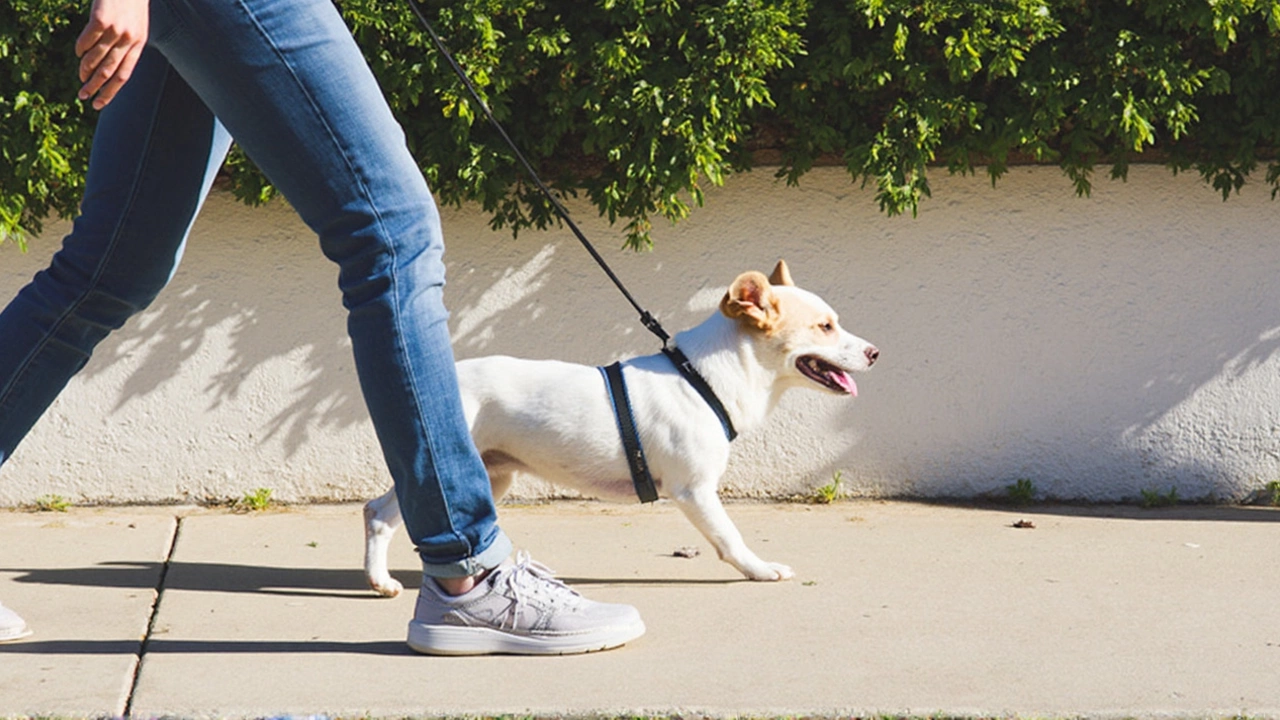How COVID-19 Spreads from People to Pets
It might sound surprising, but COVID-19 doesn't just stay within our human bubbles—it jumps to pets too. Plenty of reports have surfaced about cats, dogs, and even small mammals like ferrets catching the virus from their very own owners. The virus, known as SARS-CoV-2, seems to travel mostly through close, everyday contact. Sleeping in beds, sharing couches, and cuddling—these interactions, while comforting to us, can be a risk for our furry companions once someone in the household tests positive.
Most pets that get infected either show no symptoms at all or develop mild problems. But don't brush off the risks just yet. Some animals start to cough, sneeze, or have trouble breathing. Others end up with an upset stomach and lose their appetite for a few days. Vets often say that infected pets might act sluggish, or owners may simply spot subtle changes only if they're on high alert. That's why the guidelines from the Centers for Disease Control and Prevention (CDC) push for pet owners to keep a careful watch. Writing down your pet’s temperature, appetite, and energy levels can help track even the smallest changes and catch potential problems early.
Which Animals Are at Risk and What Should You Do?
Disease doesn’t stop with cats and dogs. Studies and real-life cases have shown that COVID-19 can infect ferrets, hamsters, and minks—the latter being such an issue that entire mink farms in some countries have been shut down. Not even wild animals are safe; tigers, lions, and snow leopards in zoos have caught the virus, raising eyebrows among veterinarians and wildlife experts.
The CDC's advice to pet owners is straightforward. If you're sick with COVID-19—confirmed or just suspected—skip the cuddles and keep your distance from any pets or livestock. Let someone else in your household handle the pet care while you recover. For cats, the rule is to keep them indoors and away from other animals and people, even if they're usually outdoor explorers. Dogs should be kept on short leashes, staying away from dog parks or other crowded spots. And if you notice your pet acting weird, coughing, or having tummy issues, call your vet and mention your own recent illness—this info matters more than you’d think.
What about other animals? So far, research suggests birds, reptiles, amphibians, and invertebrates (like bugs and spiders) don't catch the virus, a relief for parrot and snake owners. Scientists are still looking into different species and how easily they can get infected. As knowledge grows, so will the advice on how to protect everyone in your household, animal or human.
- Limit contact with pets and wildlife if you're sick.
- Monitor infected pets with written symptom logs.
- Keep cats indoors and dogs on a leash in public spaces.
- Call a vet if your pet shows symptoms after your illness.
Cross-species transmission keeps health experts on their toes. Staying vigilant and following simple precautions help keep your beloved animals safe while COVID-19 continues to surprise both pet owners and scientists alike.
